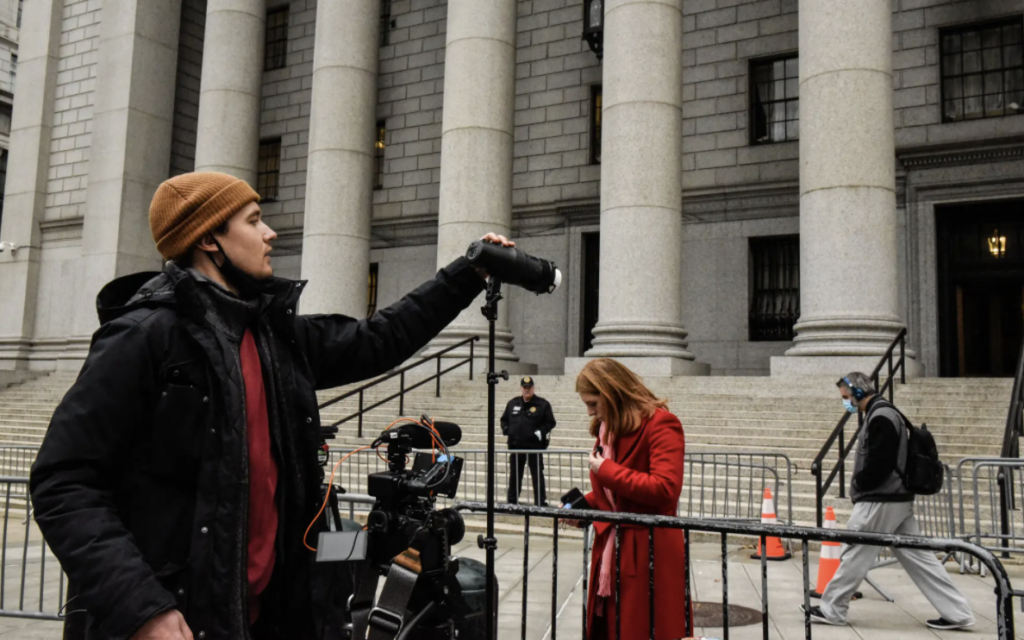
A conversation during testimony earlier in the trial offered insight into one of the ways Ghislaine Maxwell’s defense has tried to undermine the testimony of her accusers at her sex-trafficking trial.
Lawyers for Ms. Maxwell called Elizabeth Loftus, an expert on “hindsight bias” — a phenomenon in which people claim, after the fact, to have known what was going to happen in a given situation.
Experts who have studied hindsight bias — also known as creeping determinism — say there is a human tendency to remember selective information and details that conform to what is known in the present and to craft a narrative that fits.
In a 2012 paper, researchers at Northwestern University and the University of Minnesota wrote that one consequence of hindsight bias can be overconfidence in one’s judgment.
The defense strategy was on display in the cross-examination of witnesses, including on Friday, when a defense lawyer, Laura Menninger, asked one of Ms. Maxwell’s accusers, Annie Farmer if she had reviewed her journal entries or done research online before speaking with federal law enforcement about her allegations dating back to 1996.
Ms. Farmer, now 42, had told the jury about sexualized encounters she had with Jeffrey Epstein and Ms. Maxwell when she was 16 years old. In her journal at the time, Ms. Farmer described one of the encounters — in which Mr. Epstein caressed her hand and foot in a New York City movie theater.
Ms. Farmer did not write in her journal about a similar incident in New Mexico several months later. She testified Friday that Mr. Epstein and Ms. Maxwell took her to see the movie “Primal Fear.”
Ms. Menninger asked Ms. Farmer if she had done research on the internet about the release date of the movie. “You placed your memory of that trip to around the time it was released right?” Ms. Menninger asked.
“I wouldn’t say it that way,” Ms. Farmer said.
Ms. Loftus, a professor at the University of California, Irvine, testified last week as an expert witness for the defense, describing memories as fragile, malleable and vulnerable to distortion by outside forces.
Memory, Ms. Loftus told the jury, “doesn’t work as a recording device.” News reports, questioning by law enforcement, and other post-event suggestions can affect memory — and even false memories can include very vivid details, she said.
During closing arguments on Monday, a defense lawyer, Laura Menninger, argued the government’s case was based on “erroneous memories” and suggested the accounts of the four women who testified against Ms. Maxwell had changed over time.
